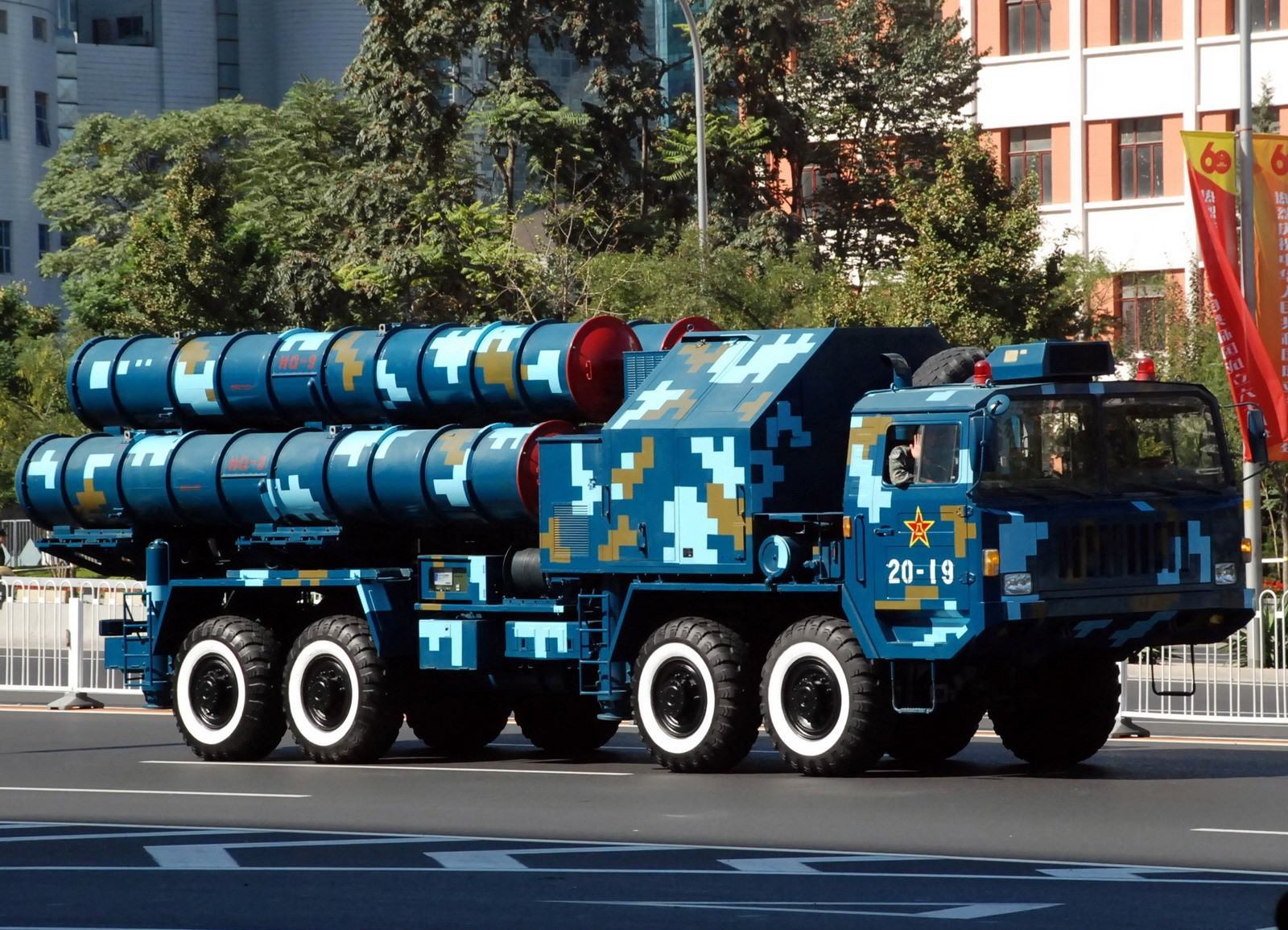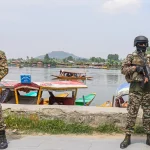In a powerful show of military precision, India launched coordinated missile strikes early Wednesday morning on nine terror camps situated in Pakistan and Pakistan-Occupied Kashmir (PoK). These strikes were carried out in response to the recent terror attack in Pahalgam, Jammu & Kashmir, which claimed the lives of 26 people, including civilians and security personnel. The Indian missiles targeted key locations such as Bahawalpur and Muridke—both deep inside Pakistani territory—along with Gulpur, Sawai Camp, Kotli, Barnala, Sarjal, Mehmoona, and Bilal Camps in PoK. The operation, launched around 1:44 AM, was aimed at dismantling terror infrastructure associated with Lashkar-e-Taiba and Jaish-e-Mohammed, the groups blamed for the Pahalgam attack.
A significant highlight of the operation was the complete failure of Pakistan’s Chinese-supplied HQ-9 air defence system, which was expected to detect and neutralize incoming threats. Despite its advanced design, modeled after the Russian S-300, the HQ-9 failed to intercept even a single Indian missile, raising serious doubts about its reliability and the broader efficacy of Pakistan’s air defence network. Defence experts suggest either a detection lapse or an operational failure of the system during the strike.
According to Indian defence sources, the mission was planned using days of intelligence and surveillance, and executed with high-precision missiles to ensure minimal collateral damage while delivering maximum impact on terror targets. Following the strikes, Prime Minister Narendra Modi made it clear that India will pursue terrorists and their supporters wherever they may hide, signaling a shift toward a more assertive counterterrorism posture.
In response, Pakistan’s Prime Minister Shehbaz Sharif condemned the strikes as an “act of war” and vowed retaliation, although no official counter-strike has been confirmed as yet. The failure to defend against India’s offensive has placed Islamabad in a diplomatically and strategically difficult position, both at home and abroad.
India has since heightened security across 244 districts, implementing civil defence exercises in anticipation of any escalation. While the Indian public has largely supported the strikes as a justified response to cross-border terrorism, the global community has urged both nations to exercise caution and avoid further confrontation. However, the exposed vulnerabilities in Pakistan’s defence and India’s successful execution of Operation Sindoor have significantly altered the region’s security dynamics, leaving the world watching closely for what comes next.













